Bring Back The KWAC
The Kadet Writing Academic Center played a key role in students’ access to language arts help. Is it really okay to get rid of it?
There are many classes in high school that students dread for a variety of reasons, whether it’s because they didn’t quite finish that biology packet or they left a few questions unanswered on their math worksheet. Almost everyone has been there and almost all can attest that not only does it bring an unwanted sense of dread, but it’s also incredibly stressful.
A large variety of classes bring these types of frustrations, but no class does this quite like language arts. The awful feeling of an approaching essay is something almost every high school student fears.
At least, that used to be the case.
When the KWAC was first introduced at Air Academy High School, it provided an alternative method to not being fully prepared to write an essay, much less having to turn it into a teacher.
“I think that getting someone else’s opinion on your paper can be beneficial for your writing process. I know it’s hard to hear critique on your writing sometimes, but you’d way rather hear it from [anyone that’s] not your teacher and fix it in time for that final due date,” said English teacher Katie Klostermann.
“As someone who worked in the KWAC, I absolutely saw students come in with papers that probably would’ve gotten very low marks and left with solid essays. One person came in with a Midsummer Night’s Dream essay. They likely would’ve failed and instead ended up getting a B+,” continued Klosterman.
Students agreed with Klostermann, but some admitted to not having taken advantage of it when they could have benefitted from it.
“I probably could’ve used it more freshman year. It probably would’ve made writing easier,” junior Jaden Johnson acknowledged.
The KWAC was a vital tool for all AAHS students. Now that it’s gone, it may become much more difficult for students to seek personalized help like they might at the KMAC.
“I can see myself now using [the KWAC]. Freshman year I didn’t care about how much effort I put into writing paragraphs. Now that I care, it can be a struggle to write them,” junior Holland Johnston stated.
It’s undeniable that the KWAC was under-appreciated until it was gone, but the consequences of its removal may be more concerning than a few points missed in an essay. Klostermann additionally noted that she worries grades might slip in conjunction with the KWAC’s removal.
“Unfortunately they [grades] might. I know some people don’t know who to ask for help when it comes to their writing, so now that it’s not an option I’m worried students won’t know who to go to for help,” Klostermann shared.
It’s hard to say whether all students agree that the KWAC would be a useful tool, but the majority of students were surprised when the KWAC was removed. Many students didn’t know about the KWAC before this year, but it might have been beneficial if it were more prominent in past years.
Klostermann mentioned that, unlike the KMAC, the KWAC was not allowed to pull students from classes for mandatory interventions. Senior Nicholas Rytting remarked that the KWAC might have been a useful tool for him to use.
“Essays have always been kind of hard. It’s not easy to determine what makes a good essay, so it might’ve been nice to go in to see what the teachers were looking for,” Rytting commented.
Essays are only the tip of an enormous iceberg when it comes to the level of difficulty in language arts. It’s a tough class to get through, but the KWAC presented an innovative way to get through students’ classes without feeling hopeless or overwhelmed. Math might be the low point of many students’ times in high school, but just because language arts seems easier on the surface doesn’t mean students’ struggles should be brushed aside. English teacher David Miles agreed, commenting positively on the KWAC.
“It was an experiment. Overall if students were failing English, I think it’d be helpful for them to get that help. A lot of the responsibilities are laid on the students. It’s up to them to decide to pass their class.”
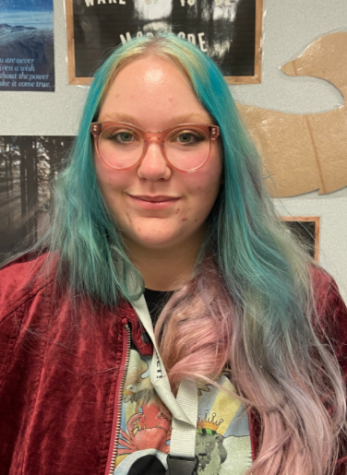
Hi, I'm Lily! I'm a junior, and I like to crochet things for my cats in my free time. I enjoy reading and writing. I'm so very excited to see what everyone...



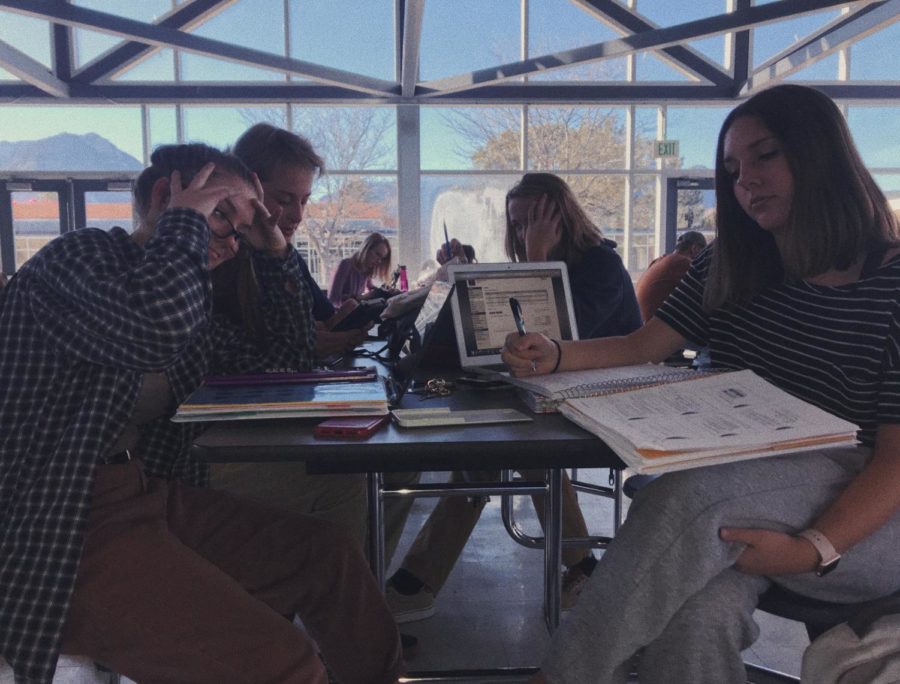




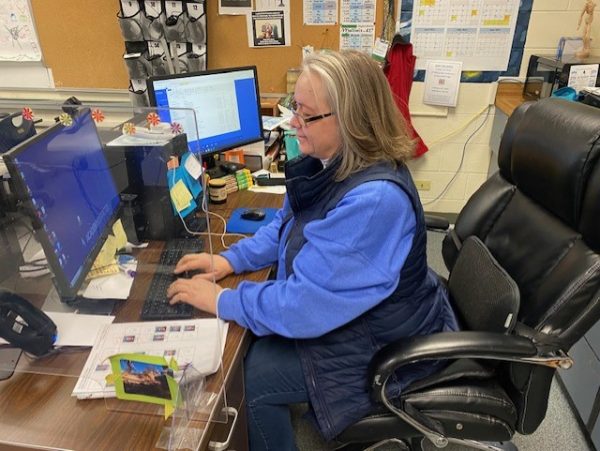
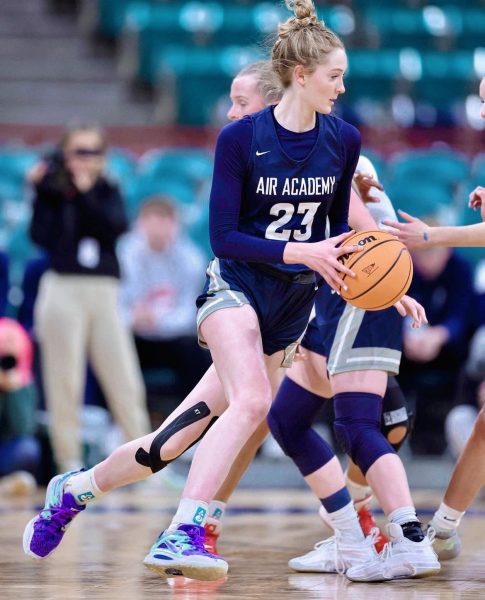
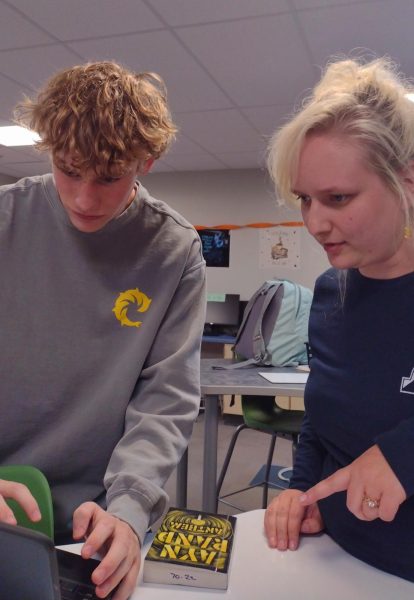

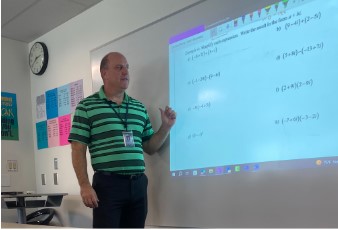

Lizzy • Oct 5, 2021 at 1:57 pm
Hey, Lily!
Great story! It is exciting to see the Jetstream up and running this year! You have done an amazing job!